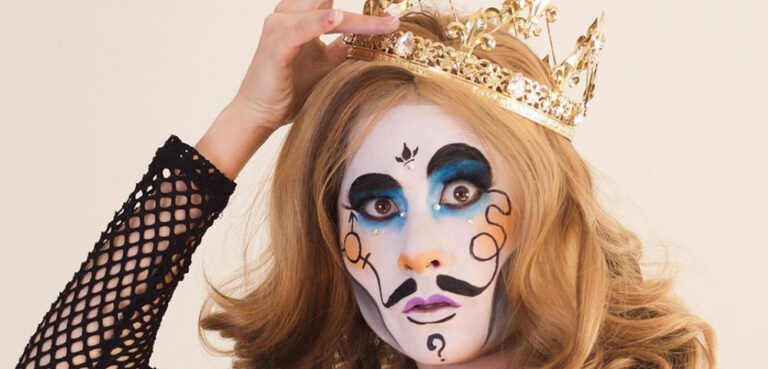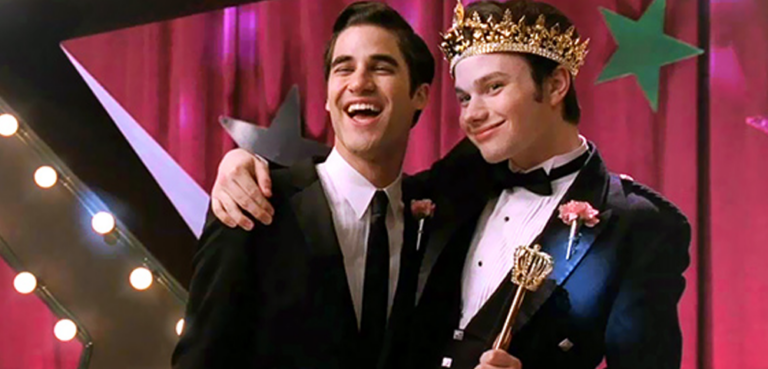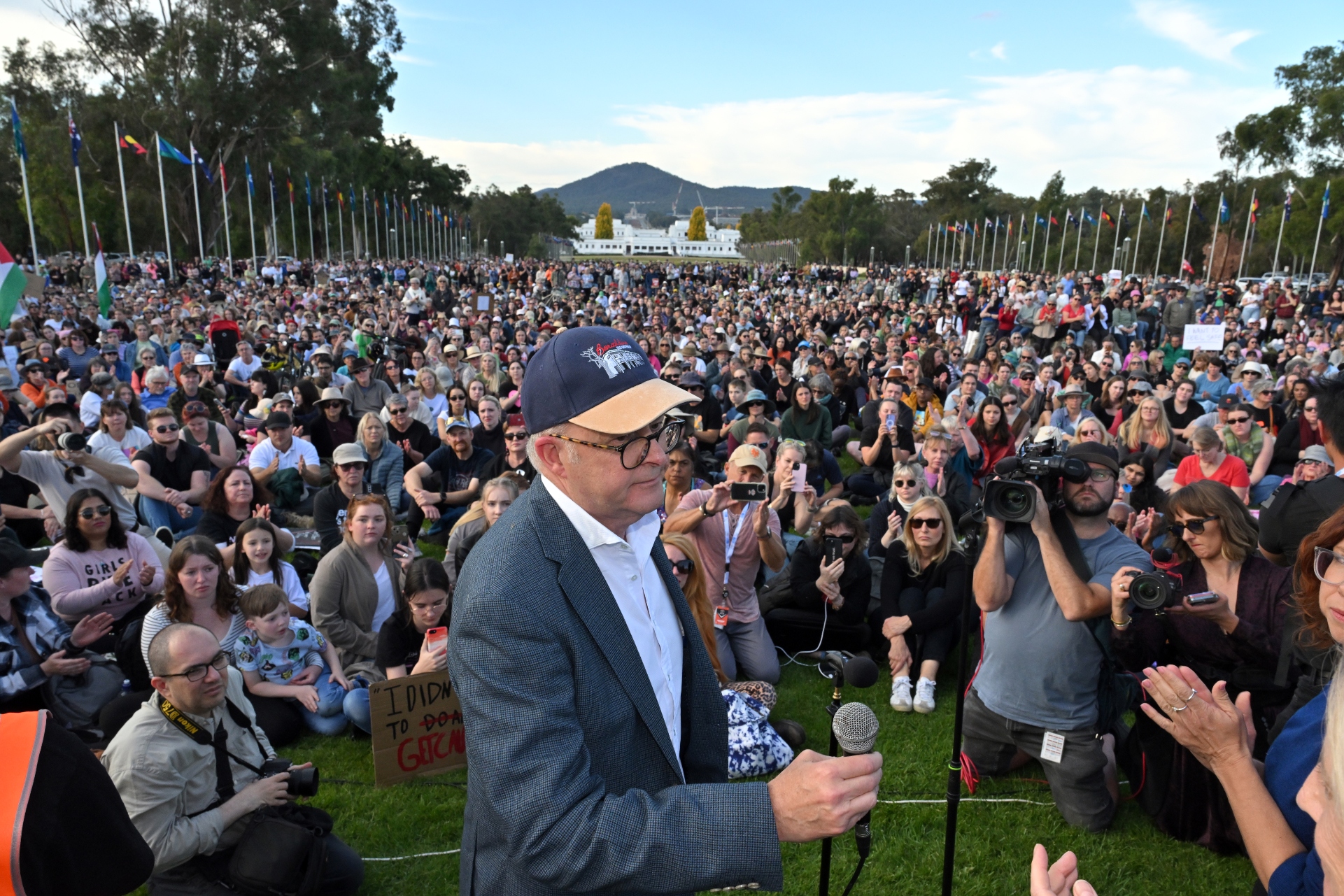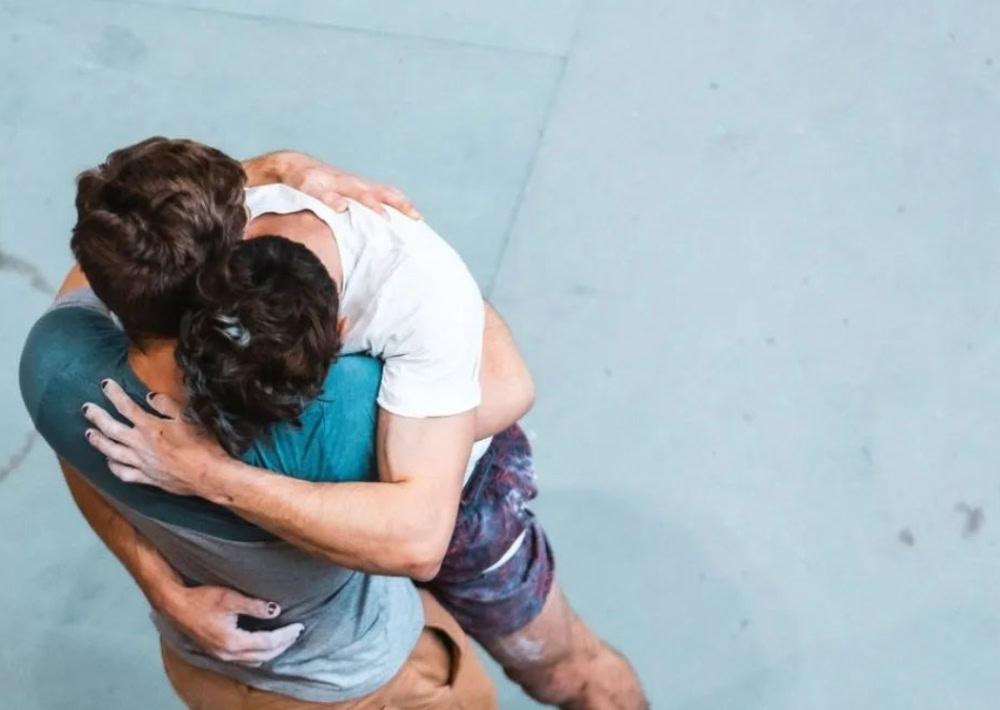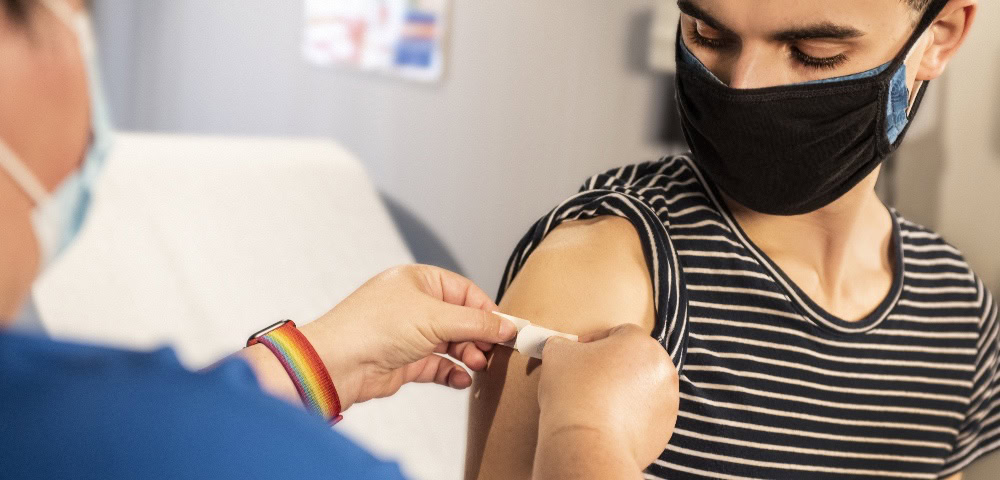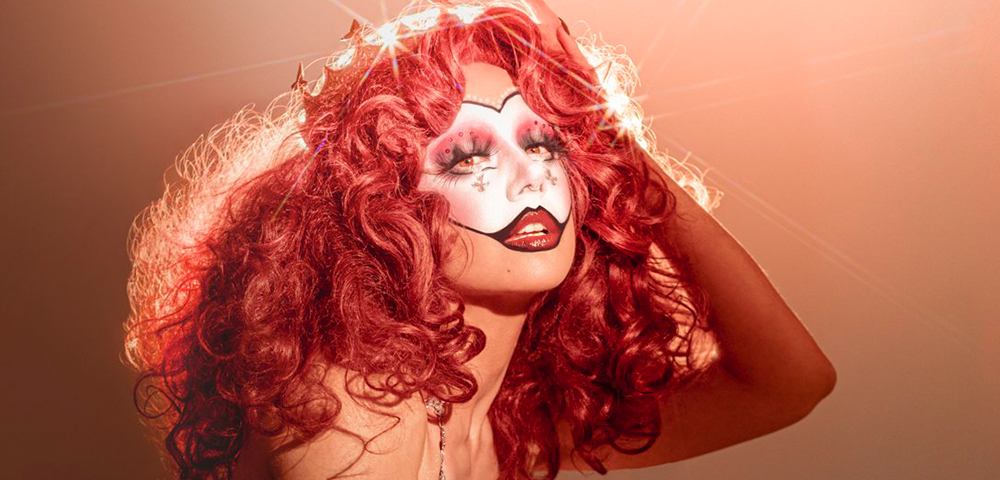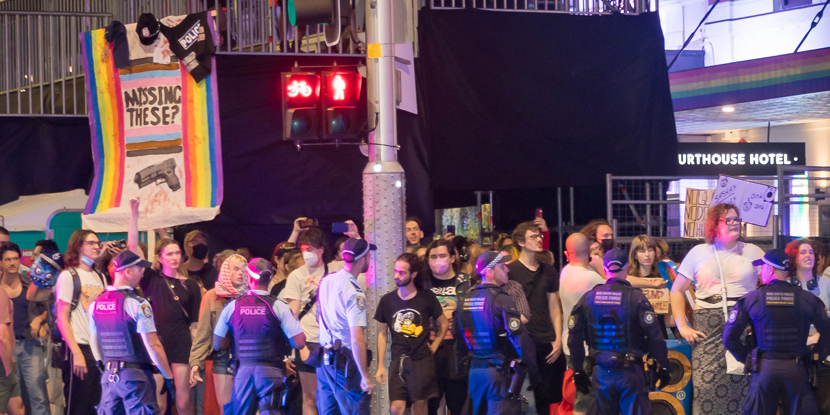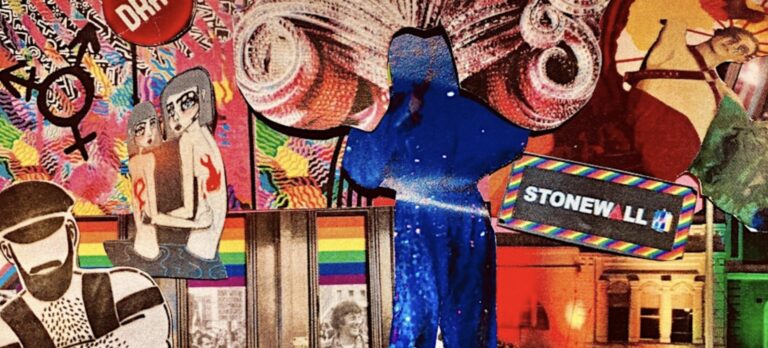
Why we shouldn’t boycott the marriage equality postal survey

The question of a boycott keeps circulating in light of the recently announced ‘postal survey’ on marriage equality.
This $122 million opinion poll is an utterly absurd bit of regressive politicking. It’s a distressing, unsurprising new low for an increasingly amoral government.
On an intellectual level, a boycott makes sense. The survey formerly known as a plebiscite has been assembled both lazily and hastily.
Among the idea’s more haphazard elements: that voters won’t know what kind of legislation they’re voting on; that it will be administered by the Australian Bureau of Statistics rather than the Australian Electoral Commission, and that this shift in responsibility means the legal processes afforded by an election won’t apply.
There’s also the fact that groups on either side could feasibly accept money from overseas donors to buffer their campaign, that the entire thing is stacked against those most likely to vote ‘yes’, and so on – a ceaseless tide of blood-boiling, underhanded tactics we’re expected to see as “respectful debate”.
Let us not forget that the pro-marriage equality members of the Coalition had the option of trying to suspend standing orders to bring Dean Smith’s private member’s bill before parliament, a move which – for too brief a time – seemed like a semi-realistic possibility.
Their capitulation is evidence of the overt self-interest present in all corners of Australian politics. Their willingness to let this postal survey to go ahead will go down in history as an act of utmost ideological cowardice.
While I can only hope the High Court challenge to the legality of the postal survey is successful, we have to be realistic about how to get through this insanity as healthily and productively as possible.
This means fully interrogating what a boycott of the vote would mean.
In a survey of LGBTI Australians conducted by PFLAG on August 4, 15.2 per cent of over 5,000 respondents advocated a boycott while 22.1 per cent advocated for using the ballot as a protest vote.
If we assume that 37 per cent of the community either boycotts or protests their vote, and also actively suggest supportive friends and family do the same, we’re already a massive way behind.
These are, to my mind, romantic ideals, but not practical ones. Should a boycott lead to an unsuccessful “yes” vote, here’s what I imagine will happen.
Firstly, the “no” vote will win, giving the Coalition cause to either declare the topic dead or bring a bill to a vote that’s designed to fail irrespective of the result.
Should the dishonesty involved in bringing us to this point continue in the survey’s aftermath, this could well happen if “yes” wins too.
The case for marriage equality will suffer an extreme setback, affording one half of the political class, so unrepresentative of the rest of the country on these matters, cause to dismiss the concerns of LGBTI Australians as unimportant with even more vehemence than before.
Then, optimistically, when the next federal election rolls around in late 2018 Labor takes office and tries to deliver on their promise to legislate marriage equality within 100 days.
But what if they don’t win? What if the Coalition turfs Turnbull for someone more principled but less moderate, allowing them to claw back a poll lead and cling to power for another three years?
Then they simply have a free pass to refuse us equal treatment under the law for another full term and to dismiss the various other rights battles the less visible members of our community still need fought.
I’m not convinced the government will pay the idea of a boycott any heed.
They don’t care about the truth of our existences enough to allow a free vote on the matter, why would they assume our unreturned votes do anything other than reinforce the lie that Australians don’t care about LGBTI issues?
As much as this plebiscite nightmare fills me with white-hot rage, and as much as the radical queer in me wants to refuse it the dignity of my vote, I don’t think I can – and there’s a very simple reason for this.
I think back to being a teenager, sitting alone on a train home from school trying desperately to hide my tears. The enveloping darkness of the closet is so suffocating, and we see that play out in LGBTI mental health statistics.
One of the major objections to the plebiscite was always that it would give both thinly-veiled and bald-faced homophobia more public validity than ever before, and what devastating effects the ‘debate’ over our ability to love could have on all of us, not least our young people.
And I think about what it would be like being 15 again and finding out that my elders hadn’t even been bothered to vote “yes” when given the chance. That the “no” vote had won by default, through abdication.
That all the physical, mental and emotional resources we have collectively poured into this fight – our very spirits and often livelihoods – finally gave us a chance to shout “YES!” more loudly and resoundingly than ever before, and we instead decided to stay quiet.
I think about what it would have felt like to see those headlines, and it brings tears to my eyes.
Personally, no matter how illegitimate the process, I can’t conscionably not vote “yes”. Our votes are our individual and personal right, and this is simply my deeply felt perspective on the matter.
No LGBTI person should feel obligated to participate; however any non-LGBTI Australian who supports marriage equality has absolutely no excuse not to vote “yes”.
But I would implore you to cast a vote, if not for yourself then on behalf of anyone who is still struggling to figure out if the world has a place for them.
Vote on behalf of the young people whose families have turned them out on the streets because of who they are.
Vote on behalf of all the kids who will see the result and either feel the warmth of hope or a cold, crushing hurt.
You’ll be writing “yes”, but the message you send will say so much more:
“We’re here for you.”
Click here to find out how you can update your electoral information or enrol to vote.
